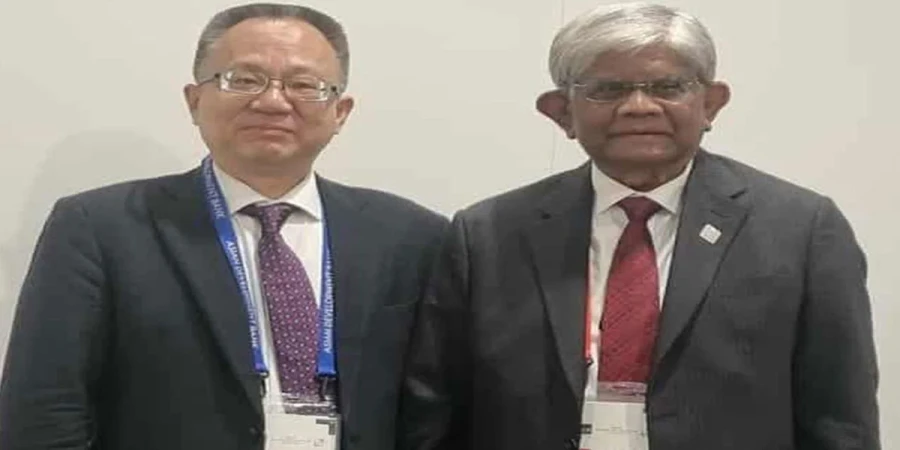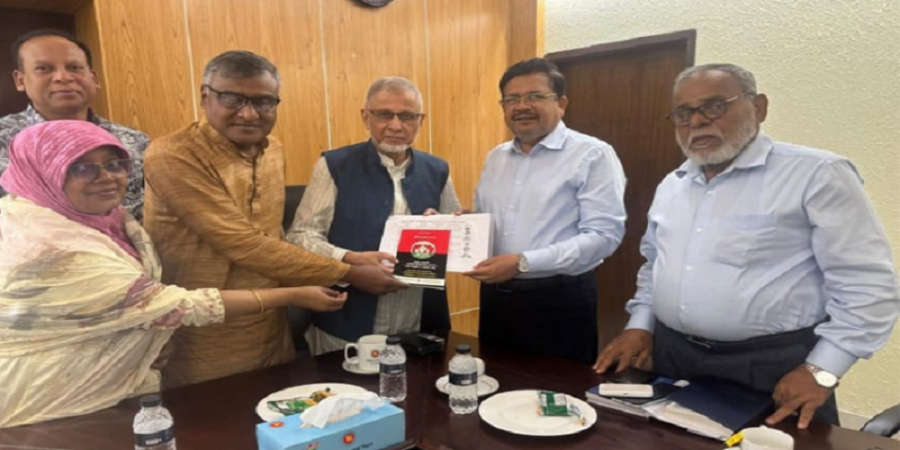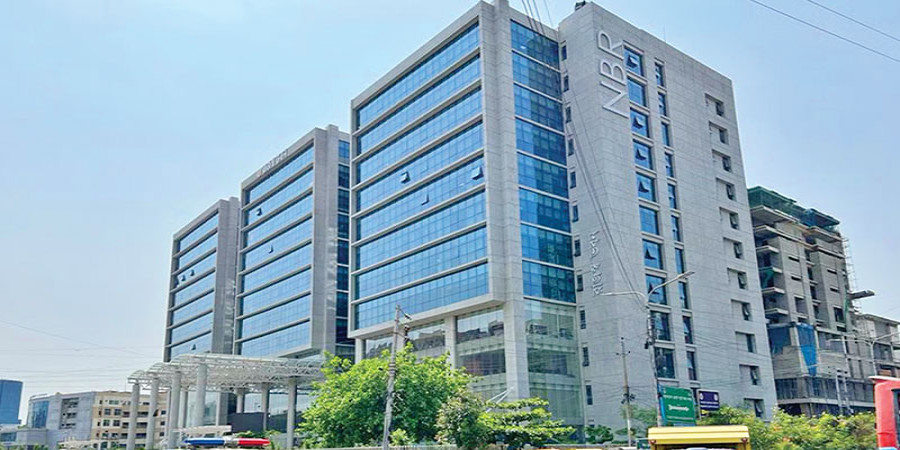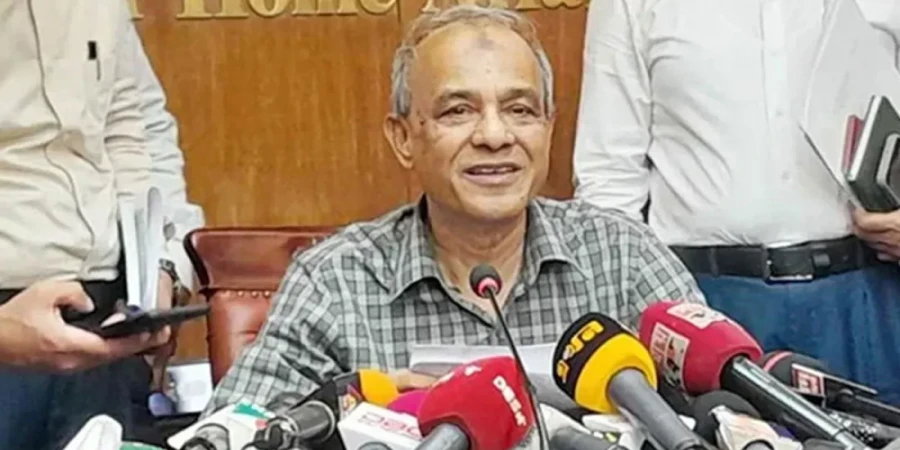
ছবি: Photo: Collected
Despite uncertainties surrounding financial assistance from the International Monetary Fund (IMF) and Asian Development Bank (ADB), Bangladesh will still present a realistic and manageable national budget, according to Dr. Salehuddin Ahmed, Economic Adviser to the Prime Minister.
Speaking to the media after a meeting with ADB Vice President for South, Central, and West Asia, Mr. Yingming Yang, at the Ministry of Finance on Sunday, Dr. Ahmed said the budget would be formulated in a pragmatic manner even if budgetary support from the IMF and ADB is not forthcoming.
“The ADB vice president came to understand the current condition of our economy. We conveyed to him that our economy is in a better shape than before. Significant progress has been made in the macroeconomic indicators. Reforms have been implemented in the banking sector, and most importantly, we are focusing on enhancing trade. A summit involving the private sector on this subject is in the pipeline,” said the adviser.
When asked whether the delay in receiving the IMF loan could impact ADB’s willingness to provide budget support, Dr. Ahmed explained that the IMF evaluates a country’s macroeconomic situation before offering budgetary assistance. He noted that discussions are ongoing with the IMF on these issues, and he remains hopeful that a resolution will be reached.
In response to a question about whether ADB is satisfied with Bangladesh’s economic stability, Dr. Ahmed said that the bank has expressed confidence in the country’s performance compared to other economies. “They acknowledged that Bangladesh is doing relatively well and expressed optimism about our progress. They are aware of our preparations for the upcoming graduation from Least Developed Country (LDC) status, and we informed them that necessary steps are being taken toward this transition,” he stated.
Dr. Ahmed also mentioned that the ADB is actively monitoring Bangladesh’s development progress and has committed to providing support in key areas, including project financing, banking sector reforms, and improvements in the National Board of Revenue (NBR).
While project support remains important, Dr. Ahmed emphasized that what Bangladesh currently needs most is budget support. In this regard, he was asked if any short-term assistance proposals were made to the ADB. He replied that there have been some encouraging signals and that the “soft landing” window is slowly opening. “We have adapted to the process of seeking budget support. We proposed assistance from ADB’s Ordinary Capital Resources (OCR) fund. Although they indicated that the fund is limited, they assured us they will consider it,” he said.
Dr. Ahmed also discussed domestic efforts to increase revenue collection to reduce dependency on foreign support. “We are working on increasing tax collection and broadening the tax net as part of our budget support strategy. If the IMF proposes any unreasonable conditions for assistance, we will evaluate them carefully. Our primary focus is on reducing unnecessary expenditure and increasing efficiency,” he added.
Concluding his remarks, the adviser reaffirmed that even without the support of the IMF and ADB, Bangladesh will present a budget that is both realistic and capable of managing the country’s financial needs.
repoter






